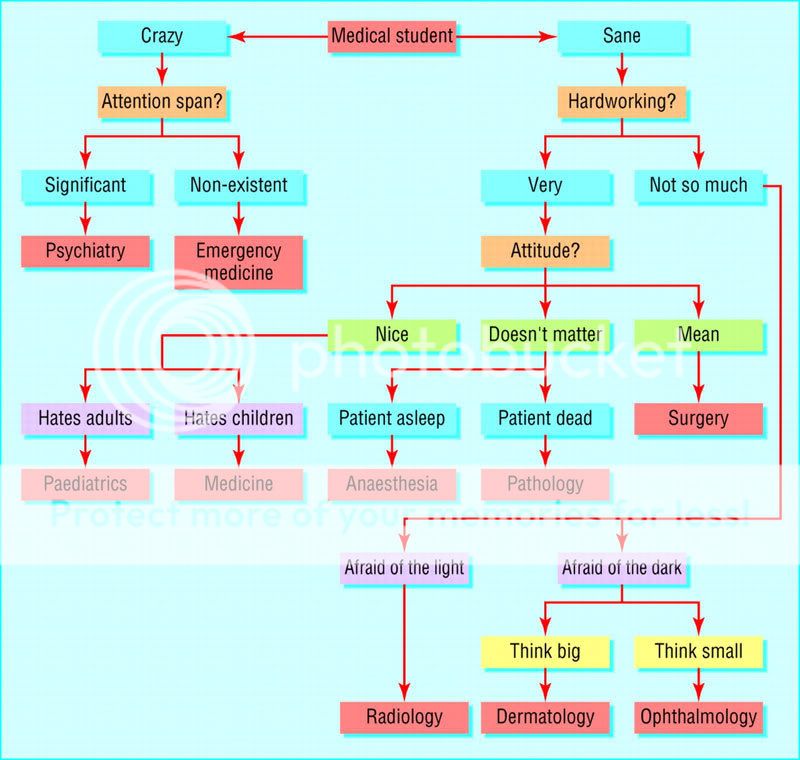Hey guys,
A while back, I remember there being a thorough website, that gave an excellent break down of all the board-certified specialties and even came with a quiz to help you narrow down potential areas of interest.
I was wondering if anyone on here had a link to it? I'm only a MS-1 and I want to begin narrowing down the scope, shadowing doctors in different fields until I come across the one that really calls to me.
Thanks in advance 😎
A while back, I remember there being a thorough website, that gave an excellent break down of all the board-certified specialties and even came with a quiz to help you narrow down potential areas of interest.
I was wondering if anyone on here had a link to it? I'm only a MS-1 and I want to begin narrowing down the scope, shadowing doctors in different fields until I come across the one that really calls to me.
Thanks in advance 😎


